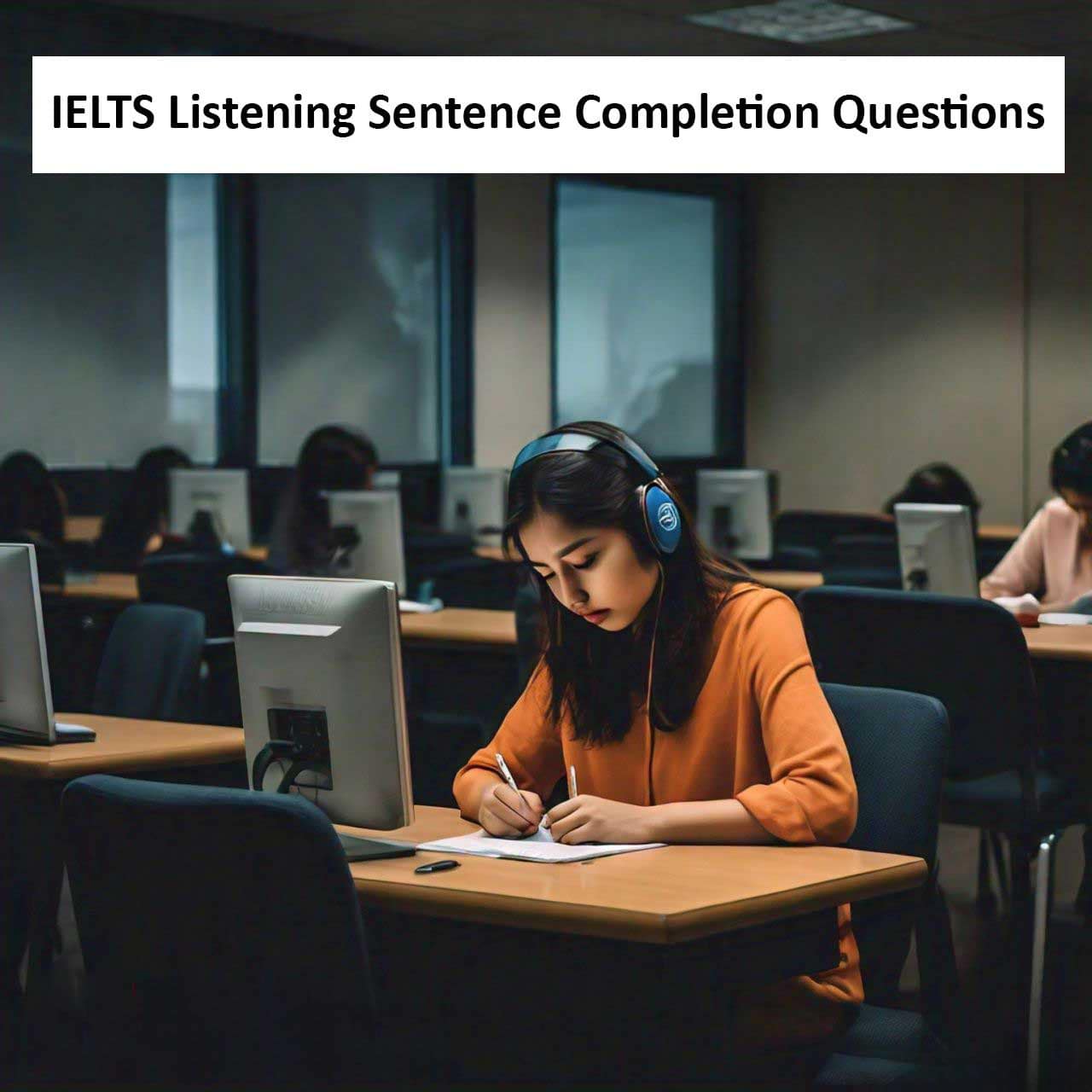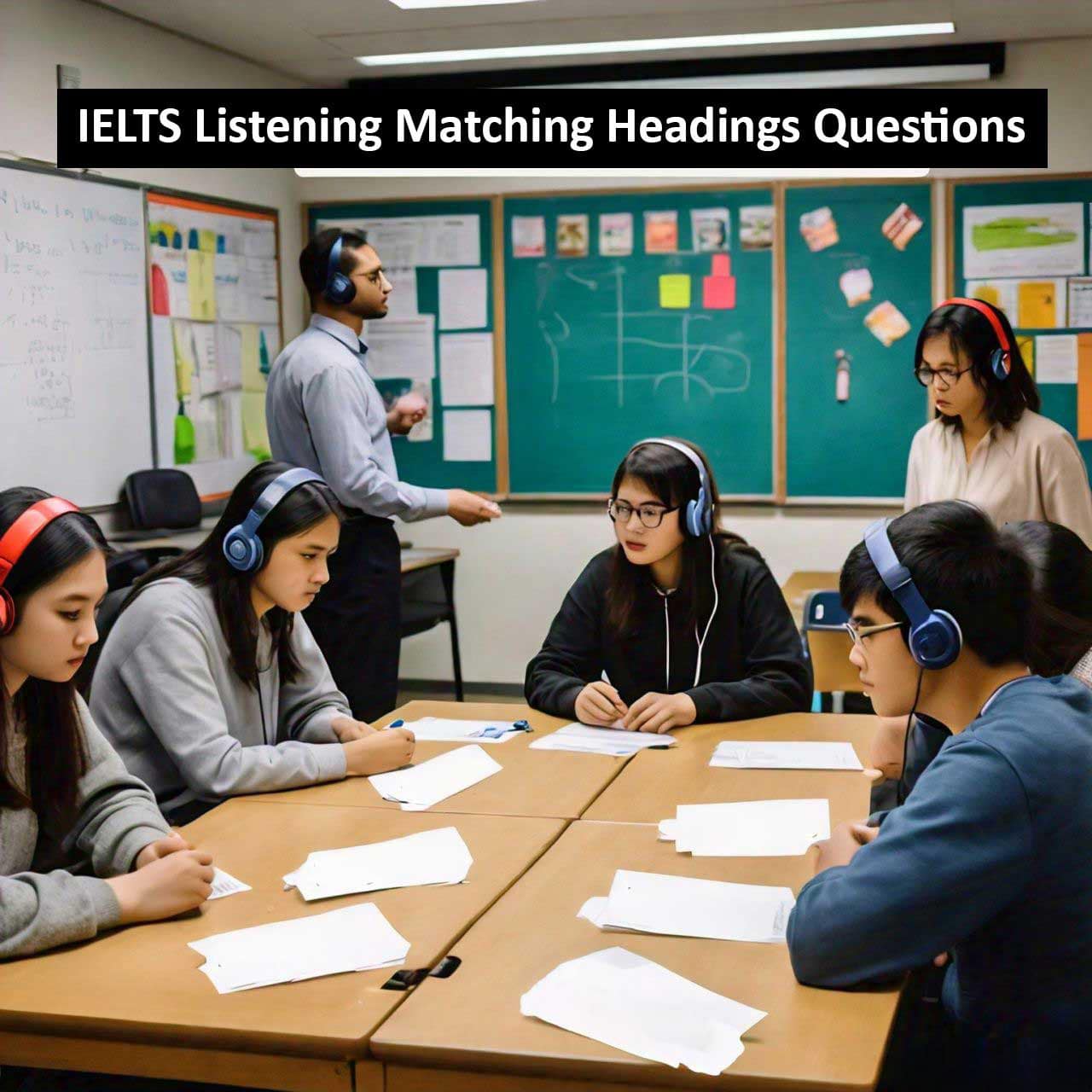The IELTS Listening test can be a challenging component of the IELTS exam, requiring not just good listening skills but also the ability to anticipate answers. Predicting answers effectively can help you understand the context better and focus on the right information as you listen. In this blog post, we’ll explore the strategies you can use to predict answers in the IELTS Listening test, enhancing your ability to perform well and boost your overall score.
Table of Contents
Understanding the IELTS Listening Test
The IELTS Listening test consists of four sections, each with 10 questions, making a total of 40 questions. The test lasts about 30 minutes, with an additional 10 minutes to transfer your answers to the answer sheet. You’ll hear a variety of recordings, including conversations, monologues, and discussions on different topics.
The Importance of Predicting Answers
Predicting answers involves using the given information to anticipate what you will hear. This skill helps you:
– Focus on Key Information: By knowing what to expect, you can concentrate on the relevant parts of the recording.
– Improve Accuracy: Anticipating answers reduces the likelihood of missing important details.
– Enhance Comprehension: Predicting helps you understand the context better, making it easier to follow the recording.
Strategies for Predicting Answers
1. Read the Questions Carefully
Before the recording starts, take the time to read the questions and instructions thoroughly. Pay attention to:
– Question Types: Determine if the questions are multiple-choice, sentence completion, form completion, etc.
– Keywords: Identify key words in the questions that are likely to be mentioned in the recording.
– Context Clues: Look for clues in the questions that indicate what the recording will be about.
2. Use the Time Given Wisely
You will have a short amount of time to look at the questions before each section of the recording begins. Use this time to:
– Skim the Questions: Quickly skim through the questions to get a general idea of what to listen for.
– Underline Keywords: Highlight or underline key words and phrases that will help you recognize important information in the recording.
3. Make Predictions
Based on the questions and keywords, try to predict:
– The Type of Information: Determine whether you should listen for names, dates, numbers, locations, reasons, etc.
– Possible Answers: Think about what kind of words or phrases might logically fit the blanks or answer the questions.
*Example:*
If a question asks for a date, predict that you will hear a specific year, month, or day. If a question asks for a reason, predict words like “because,” “due to,” or “since.”
4. Focus on Synonyms and Paraphrases
The words used in the recording may not match the exact words in the questions. Be prepared to listen for synonyms and paraphrases.
– Synonyms: Words with similar meanings (e.g., “purchase” instead of “buy”).
– Paraphrases: Different ways of expressing the same idea (e.g., “He arrived late” might be rephrased as “He was delayed”).
5. Listen for Signpost Words
Signpost words and phrases help guide you through the recording. They signal important points, changes in topic, or the introduction of new information.
– Examples: “Firstly,” “however,” “on the other hand,” “finally,” “for instance.”
6. Stay Engaged and Flexible
Even with predictions, you must stay actively engaged throughout the recording. Be ready to adjust your expectations based on what you hear.
– Stay Focused: Concentrate on the recording, and avoid getting distracted.
– Be Flexible: If the recording takes an unexpected turn, adapt quickly and refocus on the new information.
7. Practice Regularly
Regular practice with IELTS Listening practice tests can significantly improve your prediction skills. Familiarize yourself with different accents, speeds of speech, and topics.
– Use Authentic Materials: Practice with official IELTS practice tests and recordings.
– Simulate Test Conditions: Practice under timed conditions to get used to the pressure of the actual test.
Conclusion
Predicting answers in the IELTS Listening test is a valuable skill that can enhance your listening comprehension and overall performance. By carefully reading the questions, using the time wisely, making informed predictions, focusing on synonyms and paraphrases, listening for signpost words, staying engaged, and practicing regularly, you can improve your ability to anticipate answers and excel in the test. Remember, consistent practice and a strategic approach are key to mastering the art of predicting answers in the IELTS Listening test. Good luck!



